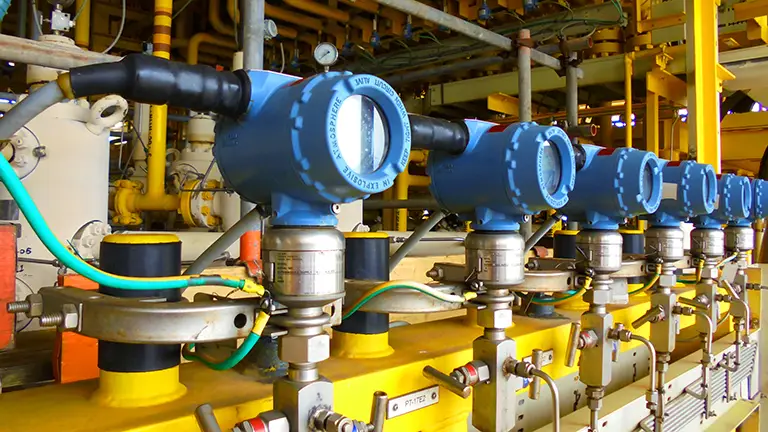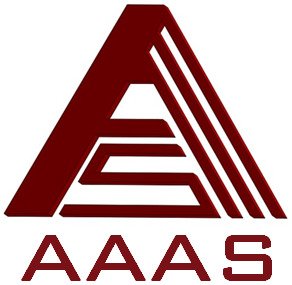Introduction to Instrumentation and Control Engineering-
Control System and Instrument Terminology
Contract Document and Design Basis
Roles & Responsibilities of Instrumentation Engineer
Codes & Standards
How to read P& IDs.
Enclosure Protections for Hazardous and Non-Hazardous Areas
Instrument Index and I/O List, Alarm Summary
Loop Wiring Diagram and Instrument Grounding.
Overview of Pressure Instruments-Pressure Gauges, Pressure Transmitters, & Strain Gauges. (Basic principle, Application and Instrument Datasheet Filling)
Overview of Temperature Instruments- Temperature Gauges, Thermocouples & Resistance Temperature Detectors- Including Thermowells and its calculations. (Basic Principle, Application and Instrument Datasheet Filling)
Overview of Level Instruments (Level Gauges, DP level Transmitters, Radar Level Transmitters, and range calculations, Application and Guidelines for Filling Datasheets) and Level Sketches.
Overview of Flow Instruments. (Types of Flowmeters and selection criteria, Orifice Plates and its sizing, Ultrasonic Flowmeters, and Guidelines for Filling Datasheets)
Analyzers & Analyzer shelter. (Guidelines for filling sample analyzer datasheet)
Safety Relief Valve types, selection and calculation criteria. (Guidelines for filling datasheets).
Control Valve and Shutdown Valve types, selection and calculation criteria. (Guidelines for filling datasheets).
Central Control System- PLC, DCS and Safety Shutdown System. System Architecture, types of communication, cause & effect diagram.
Fire and Gas Detection System.
Construction Drawings-
3 D Model and Role of Instrument Engineer
Overview of Instrument Junction Boxes, cables, cable trays, tubing and instrument fittings, instrument mountings. and other accessories.
Hook up drawings
Instrument and Junction Box Location Drawing-
Instrument air requirement and air distribution Drawing.
Instrument Cable Trays and Trench Routing Drawings
Instrument Cable and Schedule and drum schedule
Bill of Material Calculations.
Instrument Team interface with other departments.


















